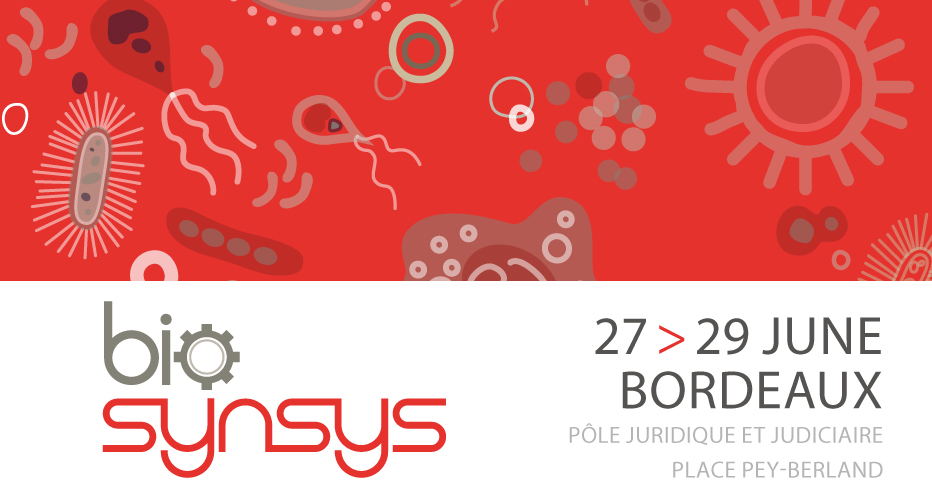In metabolic engineering, constraint-based approaches provide an efficient way to analyze microbial metabolic networks at the scale of a whole genome. In particular, the method “Resource Balance Analysis” [1], recently calibrated and experimentally validated for B. subtilis [2], allows the prediction of cellular configurations in response to the composition of any external medium. With respect to previous methods, one hallmark is that it captures complex strategies (like catabolite repression) without the addition of gene regulations, thus reproducing most of observed configurations with simple cost / benefit optimality arguments.
We propose to use this calibrated system as an in silico predictor of a real bacterial metabolic network. Being able to rapidly compute the cell configuration in response to any extracellular medium, we apply a “reverse engineering” approach to unravel the complexity of the network's behavior and to analyze the emergence of sophisticated strategies. To cope with unavoidable combinatorial explosion, a Boolean formalism is chosen, aiming at the inference of logical rules. In particular, these rules qualitatively describe how metabolic fluxes turn on or off in response to nutrient availability. Revisiting previous results in combinatorial optimization, we notably show [3] that the search for minimal supports (i.e. minimal subsets of explicative variables) can be solved rather efficiently. Furthermore, we propose a new algorithm to infer monotone Boolean rules on a minimal support. This problem proves to be computationally tractable, at least in reasonable dimensions. Given the orderliness exhibited by bacterial metabolism, such monotonic effects are expected to arise quite naturally. We will present some results of our method (described in [3]), within the carbon central pathway, that seem to validate this hypothesis and show that a major part of metabolic fluxes can be explained with rather simple monotone logical rules. For instance, we were able to recover a hierarchy in the utilization of carbon sources (experimentally observed since Monod) and to propose an extension of this hierarchy to lesser-known sources, to be tested experimentally. Overall, the combination of Boolean inference tools and constraint-based models provides a promising mathematical and computational framework to uncover and analyze complex strategies exhibited by bacterial metabolic networks.
[1] A. Goelzer, V. Fromion, and G. Scorletti. Cell design in bacteria as a convex optimization problem. Automatica, 47(6):1210–1218, 2011.
[2] A. Goelzer, J. Muntel [...] D. Becher, and V. Fromion. Quantitative prediction of genome-wide resource allocation in bacteria. Metabolic Engineering, 32:232–243, 2015.
[3] L. Tournier, A. Goelzer and V. Fromion. Optimal resource allocation enables mathematical exploration of microbial metabolic configurations. Submitted for publication.

 PDF version
PDF version
